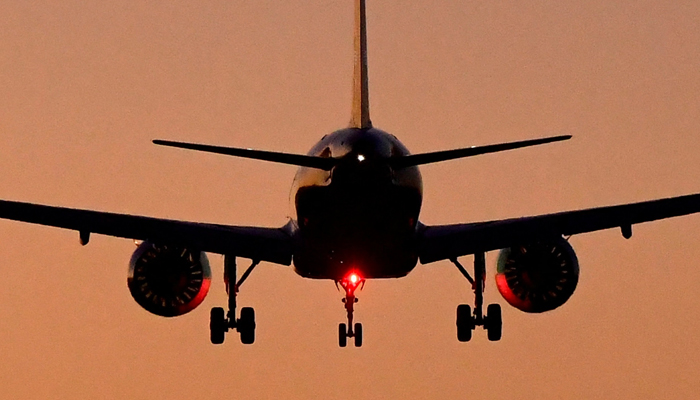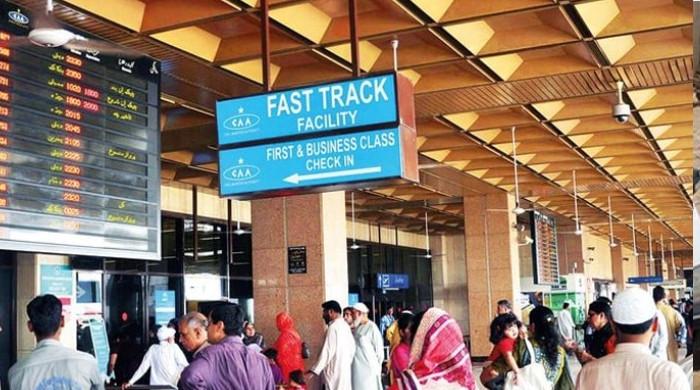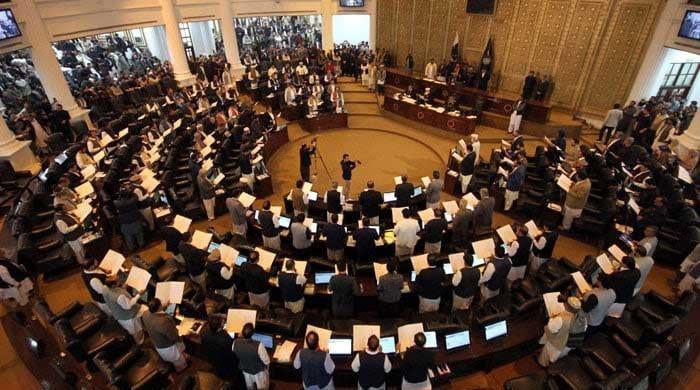EASA issues risk alert for Lahore and Karachi flights
EASA's advisory is non-binding and airlines are not required to follow the advice
July 30, 2023

- EASA's advisory is non-binding.
- Airlines not required to follow it.
- EASA hasn't referred to specific threat.
LONDON: The European Union Aviation Safety Agency (EASA) has advised airlines not to fly below FL 260 altitude while flying over Lahore and Karachi due to the "current security situation in Pakistan with the presence of violent non-state actor groups with confirmed anti-aviation weaponry, possibly MANPADS (man-portable air-defence systems)".
EASA's advisory is non-binding and airlines are not required to follow the advice. EASA said in its latest advisory note that "there is a continued possible threat to civil aviation resulting in a high risk to operation at altitudes below FL 260".
It said: "Additionally, Kashmir region remains the site of territorial dispute with sporadic military operations posing a potential inadvertent risk to civil aviation due to a potential risk for misidentification in case of military escalation, particularly in the FIR Lahore (OPLR)."
EASA has advised air operators to take this information and any other relevant information into account in their own risk assessments, alongside any available guidance or directions from their national authority as appropriate.
EASA makes references to similar advisories issued for French and German air operators issued over the last year.
The agency had also issued a similar advisory in November last year, recommending all operators to exercise extreme caution" when flying over the country and not to fly below 24,000 feet (7,300 metres).
Then and now, EASA has not referred to any specific threat of attack applying to flights into, out of or within Pakistan.
The safety agency, on its website, said that it's a neutral body that ensures confidence in safe air operations in Europe and worldwide by proposing and formulating rules, standards, and guidance; by certifying aircraft, parts, and equipment; and by approving and overseeing organisations in all aviation domains.
CAA says EASA has not informed Pakistan of threats
Pakistan's Civil Aviation Authority (CAA) spokesperson shared that the EASA instructions are “routine”, adding that it has not informed Pakistan of any threat to European airlines.
“Pakistan's airspace is completely safe for all types of commercial flights,” said the spokesman.











